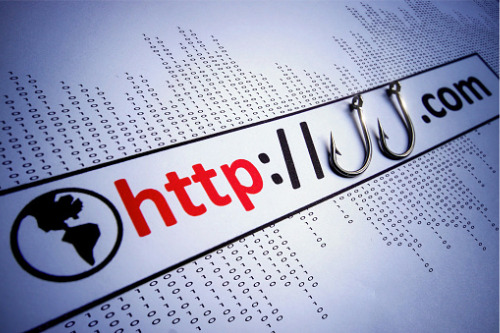

While nearly all industries reported ransomware incidents, the manufacturing sector took the biggest hit, posting a 156% quarter-over-quarter spike in incidents. While manufacturing saw the biggest rise in ransomware attacks, the sectors most affected continued to be financial services and healthcare. Together, they accounted for half of all ransomware attacks reported to Beazley in Q1.
Ransomware attacks against vendors and managed service providers (MSPs) also continued to pose problems, not only for the targeted businesses but also for their downstream clients, Beazley said. Banks, credit unions and healthcare organizations were particularly affected by attacks on MSPs.
Business email compromise (BEC) attacks, on the other hand, declined 16% quarter over quarter. However, Beazley still urged caution.
“The issue has certainly not gone away – a possible reason for the decline may be that fewer email compromises have been identified and reported due to the disruption caused by COVID-19,” the insurer said.
While BEC reports have dwindled, phishing attacks have soared during lockdown, according to security training firm KnowBe4. Many cyber criminals are stealing sensitive information through phony emails and texts designed to look like official COVID-19-related information, KnowBe4 said.
“Cyber criminals are preying on people’s heightened anxiety during this pandemic, tricking them into clicking and sharing links that steal information,” said Katherine Keefe, head of BBR Services. “Also, those working from home may have weaker IT security than corporate networks typically provide. Organizations must ensure their security systems and protocols are up to date and ensure that colleagues working from home are extra vigilant.”
